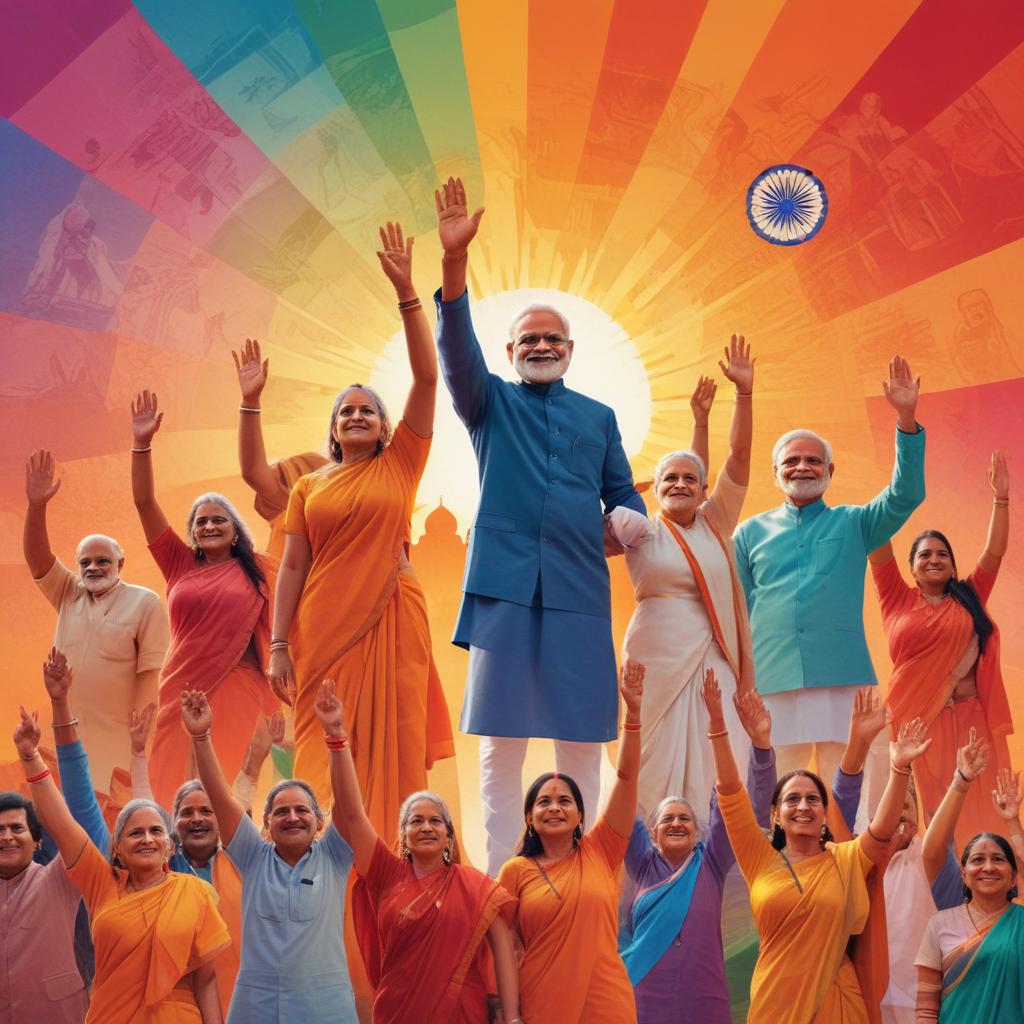India's Transgender Truth: From Sacred Past to Ongoing Struggle! ⚧
Have you ever considered the complex tapestry of lives lived by transgender individuals in India? From being revered as deities in ancient times to facing criminalization under colonial rule, their journey is a poignant story of resilience and discrimination. Today, despite legal victories, a harsh reality persists. What will it take for India to truly embrace its transgender citizens?
Written by
pokelistic news



